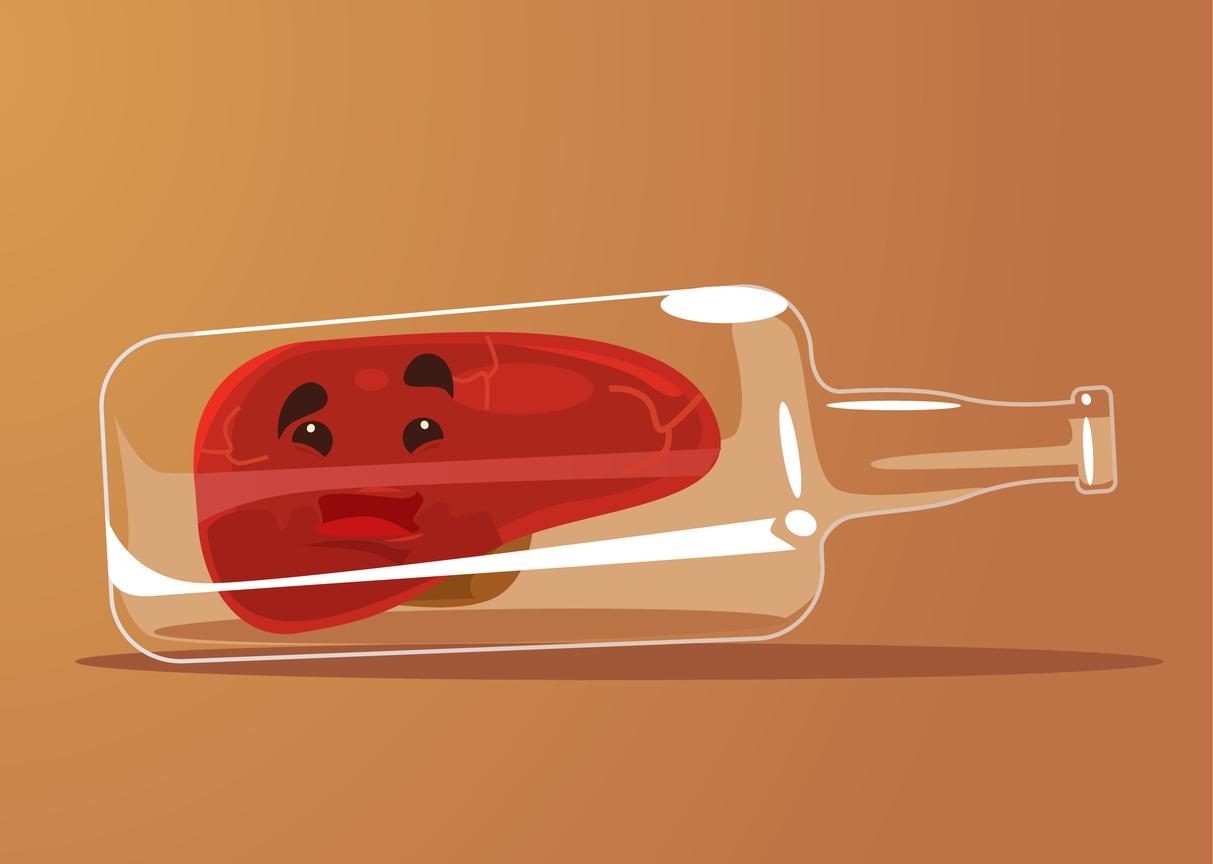While atrial fibrillation is often present as a complication of cardiovascular disease, it can also affect people whose hearts are perfectly healthy. Its causes: alcohol abuse, glandular disorders, even stress.

Atrial fibrillation, a disorder of heart rate which becomes irregular and often very rapid, causing symptoms such as palpitations, fatigue or shortness of breath, has multiple causes: sometimes predisposing factors, to which are added triggers, but it can also be linked solely to these triggering factors.
This is an important point because this disorder can affect people whose heart is diseased, but also those who have a perfectly healthy heart.
Among the predisposing factors, there is first of all age. The prevalence of atrial fibrillation in the population reaches 10% around the age of 80. The other major factor is poorly controlled arterial hypertension, which can lead to a risk of atrial fibrillation, as well as all the factors, such as diabetes or obesity, which lead to predispositions for cardiovascular disease. For those who suffer from a cardiovascular disease, atrial fibrillation can occur, and it is quite common, as a complication of this disease.
A disorder that appears as a result of a triggering factor
But in people who have a healthy heart, it is following a triggering factor that this disorder can appear. And the first of these factors is often observed in young people, in connection with so-called acute alcoholism: it is not a question of chronic alcoholism but of these heavy consumptions which accompany festive events. “These abuses can lead to episodes of arrhythmia and are frequently found in the emergency room,” explains Professor Yohann Silvain of Pitié-Salpêtrière in Paris.
Infections, whether viral or bacterial, also sometimes lead to myocarditis which can lead to cardiac abnormalities or arrhythmia.
Thyroid and adrenal glands
And then there are also, in atrial fibrillation, endocrine causes, and among them, thyroid disorders, hyperthyroidism, which can lead to arrhythmia, and causes related to the adrenal glands, two glands located above above the kidneys and which control adrenaline, the malfunction of which can result in hormone abnormalities triggering rapid heartbeat and arrhythmia. The so-called vagal mechanism, this moment when the vagus nerve takes over and causes discomfort, whether or not linked to an effort, can also lead to arrhythmia or, conversely, it can be linked to a surge of adrenaline from stress.
And we must add to all these causes, predispositions and / or triggering factors that can trigger an arrhythmia which can then settle and become chronic, genetic causes. They concern cases of atrial fibrillation with a healthy heart. “We can identify family genetic causes,” says Professor Yohann Silvain.
.













-1739366311.jpg)


